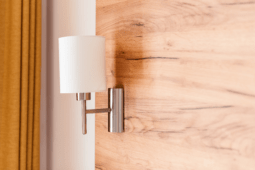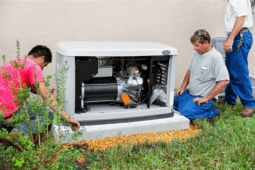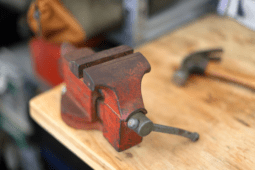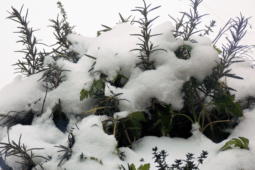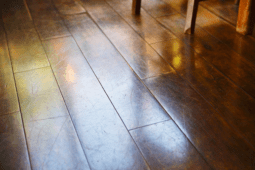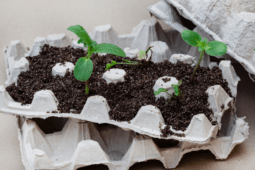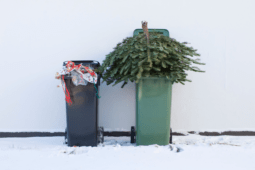Avoid Clogs by Keeping These Items Out of Drains
Have you ever experienced the frustration of a clogged kitchen sink? It’s a common household problem that can quickly turn into a plumbing nightmare. While it may be tempting to rinse away kitchen waste for the sake of convenience, certain items should never make their way down your drain. In this article, we’ll explore five common culprits that can cause serious damage to your pipes and provide you with expert tips on how to keep your kitchen plumbing running smoothly.
The Hidden Dangers Lurking in Your Kitchen Sink
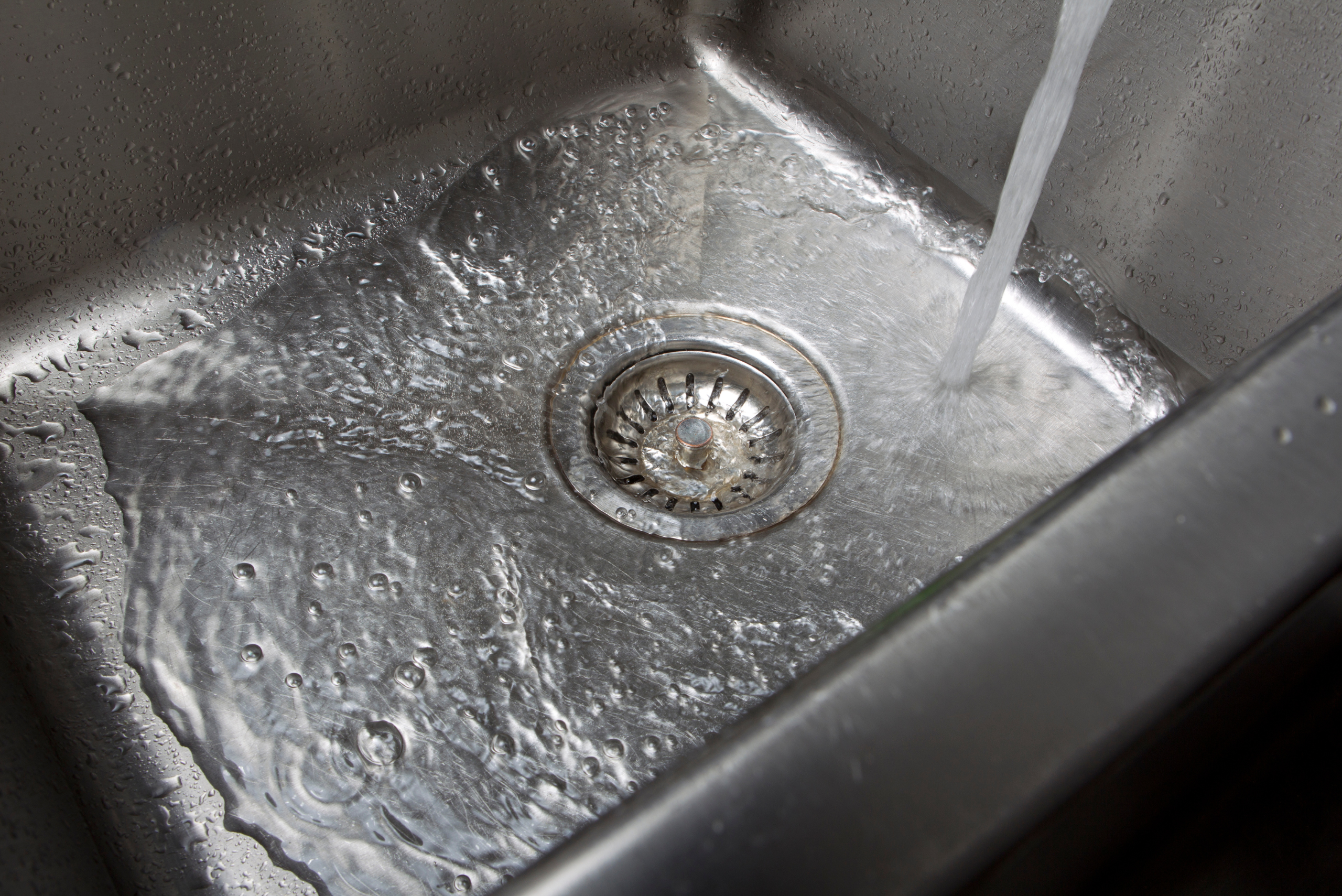
Every day, we use our kitchen sinks without giving much thought to what goes down the drain. However, seemingly harmless items can accumulate over time, leading to stubborn clogs and expensive repairs. By understanding which substances pose a threat to your plumbing, you can take proactive steps to protect your pipes and avoid costly damage.
Being mindful of what you pour down your kitchen sink is an essential part of home maintenance. Not only can proper drain care save you money on repairs, but it also helps preserve the longevity of your plumbing system. Let’s dive into the five items you should always keep out of your kitchen drain to ensure smooth-flowing pipes and worry-free dishwashing.
1. Cooking Oils: The Silent Pipe Clogger That Solidifies Trouble
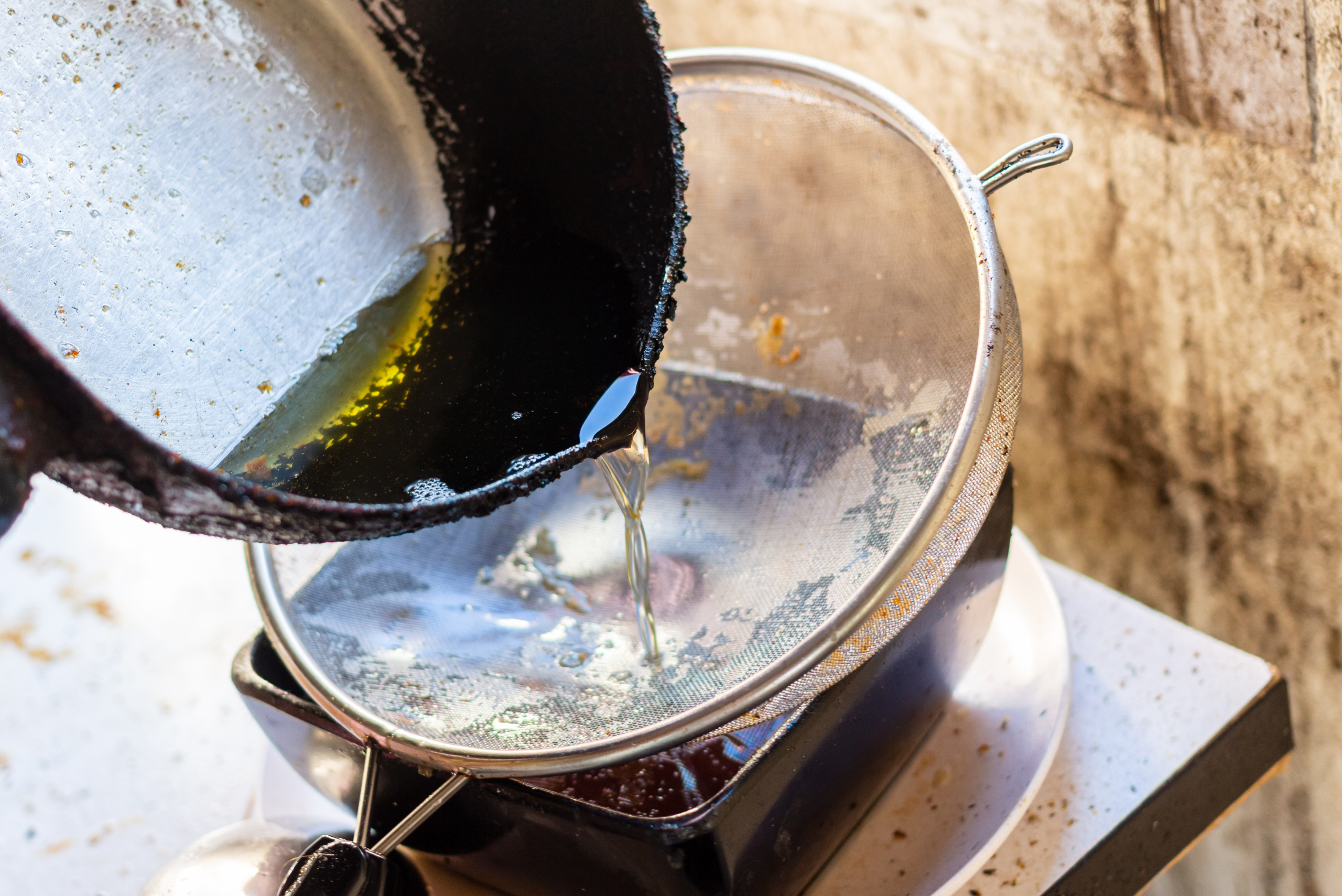
When you’re finished cooking, it’s tempting to pour leftover oil down the sink. After all, it’s a liquid, so it should flow through the pipes easily, right? Unfortunately, this common misconception can lead to serious plumbing issues. Cooking oils, including vegetable oil, olive oil, and bacon grease, can wreak havoc on your pipes.
As cooking oils cool, they solidify and coat the inside of your pipes, gradually narrowing the passageway for water. Over time, this buildup can lead to stubborn clogs and even complete blockages. Instead of pouring oil down the drain, let it cool and dispose of it in a sealed container in the trash. For small amounts, you can also wipe out greasy pans with paper towels before washing.
Coffee Grounds: A Grainy Menace to Your Plumbing System
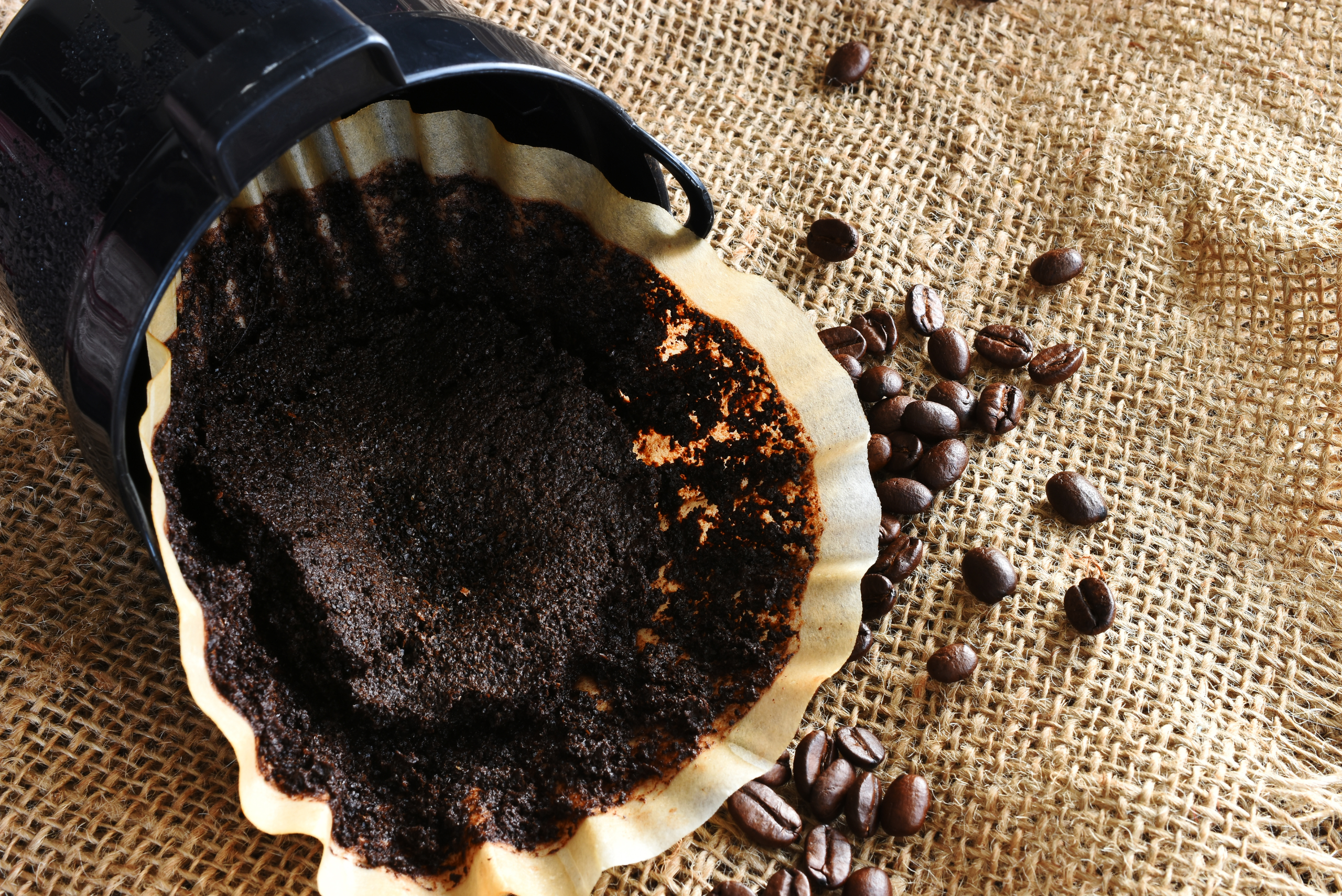
Many coffee lovers are guilty of rinsing their used grounds down the sink or garbage disposal. While it may seem like a convenient way to dispose of them, coffee grounds can be a major contributor to drain clogs. These tiny particles don’t break down easily and tend to clump together, forming a thick, sludgy mass in your pipes.
Over time, coffee grounds can accumulate in the trap beneath your sink or further down the plumbing line, causing slow drains or complete blockages. Instead of sending them down the drain, consider adding used coffee grounds to your compost bin or garden soil. They make an excellent natural fertilizer and can help deter pests from your plants.
Eggshells: The Deceptive Drain Destroyer Hiding in Plain Sight
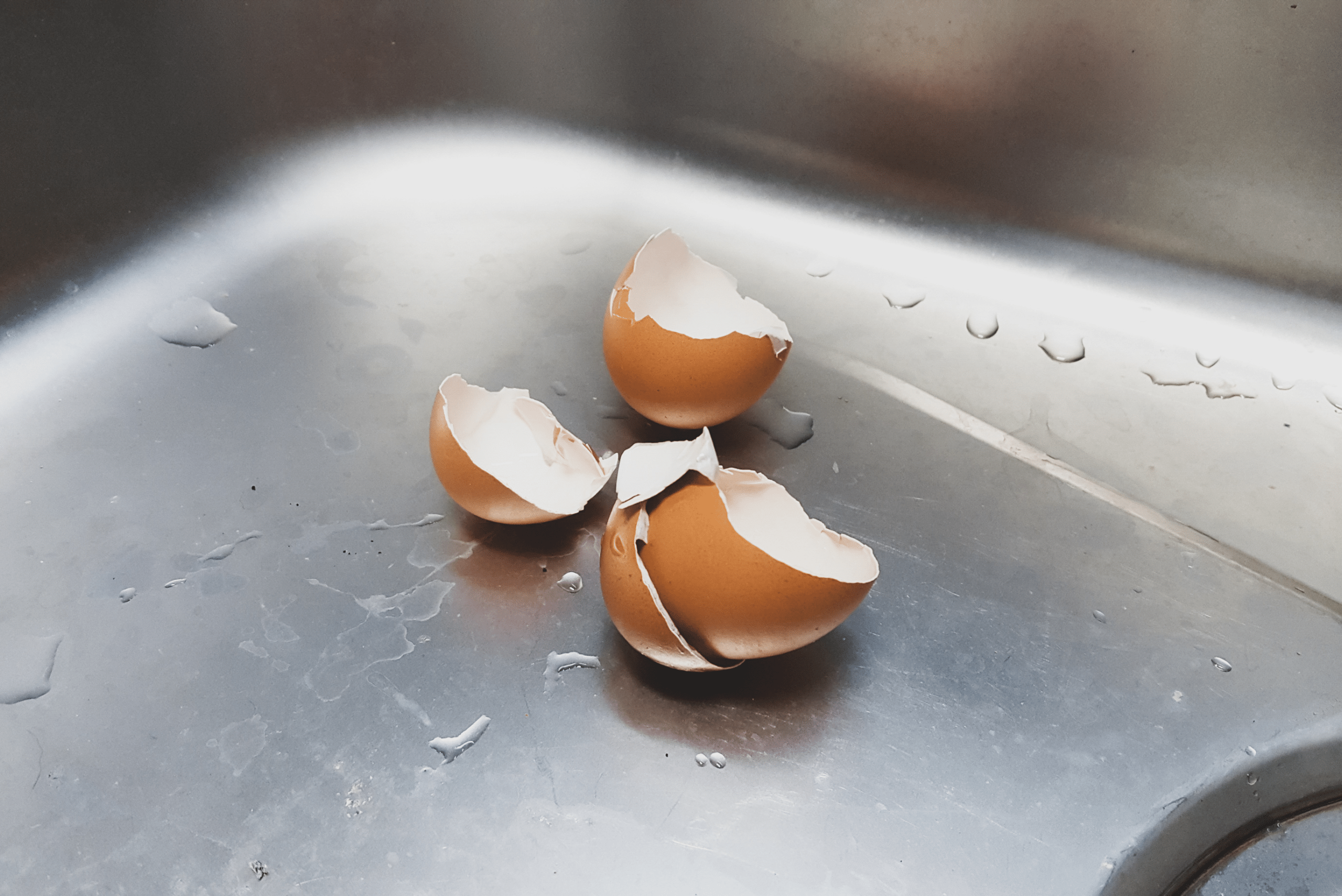
Eggshells may seem harmless, but they can be surprisingly problematic for your plumbing. While some people believe that eggshells can sharpen garbage disposal blades, this is a myth. In reality, eggshells can create significant issues in your pipes, especially when combined with other food waste.
The membrane lining of eggshells can wrap around other debris, forming larger clumps that are difficult to break down. Additionally, the sharp edges of crushed shells can catch on pipe walls, creating points where other waste can accumulate. To avoid these issues, toss eggshells in the compost bin or trash, or crush them up to use as a natural pest deterrent in your garden.
Flour and Other Powdery Substances: The Thickening Agents That Thin Your Patience
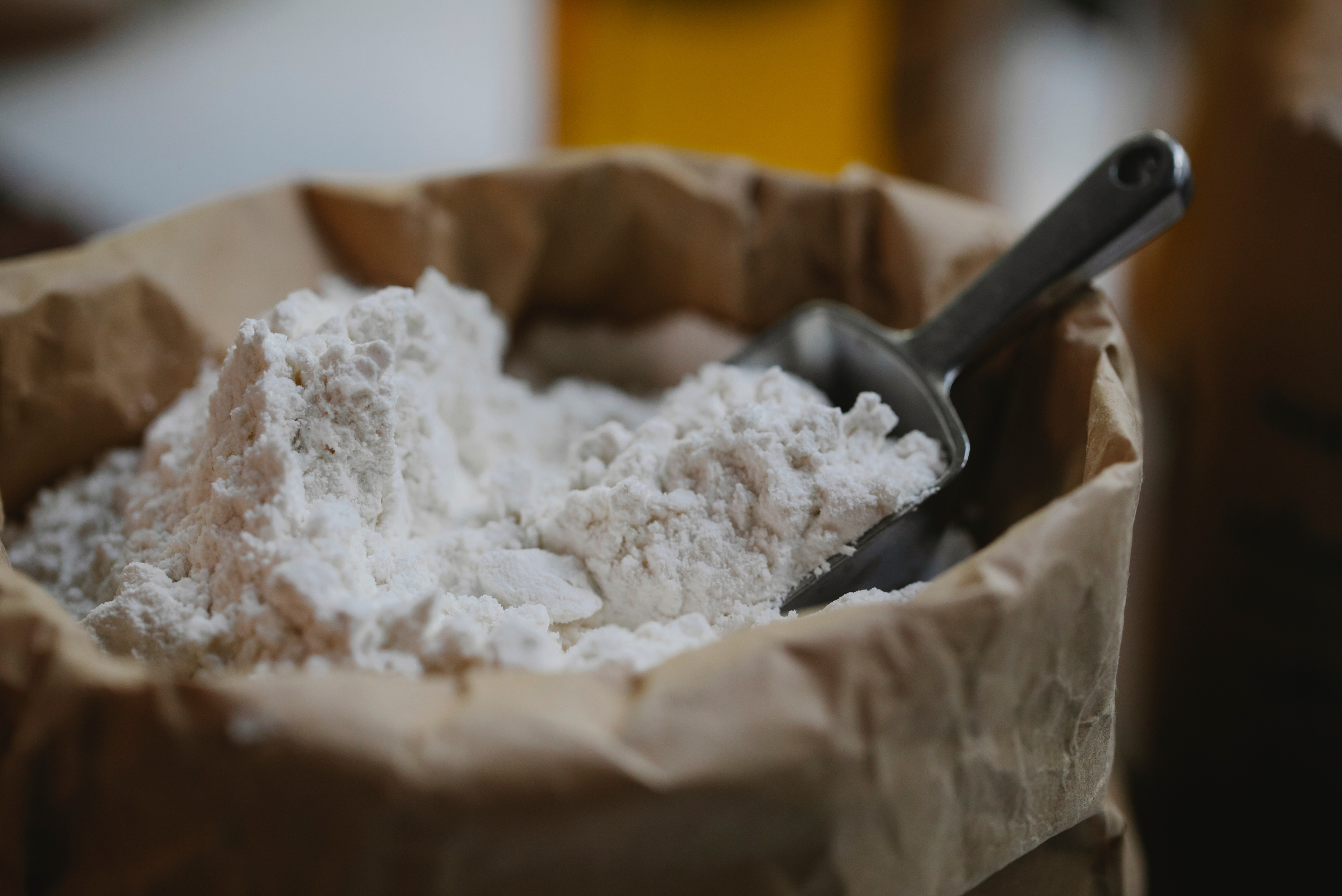
Flour and other powdery substances like cornstarch may seem harmless to rinse down the drain, but they can quickly become a plumbing nightmare. When mixed with water, these ingredients form a thick, sticky paste that adheres to the inside of your pipes, narrowing the passageway and catching other debris.
As more water flows through, the paste can harden, creating a stubborn blockage that’s difficult to remove. To avoid this issue, scrape excess flour or other powdery substances into the trash before rinsing your dishes. For larger spills, use a paper towel to wipe up the majority of the powder before cleaning the area with a damp cloth.
Produce Stickers: The Tiny Troublemakers That Stick Around
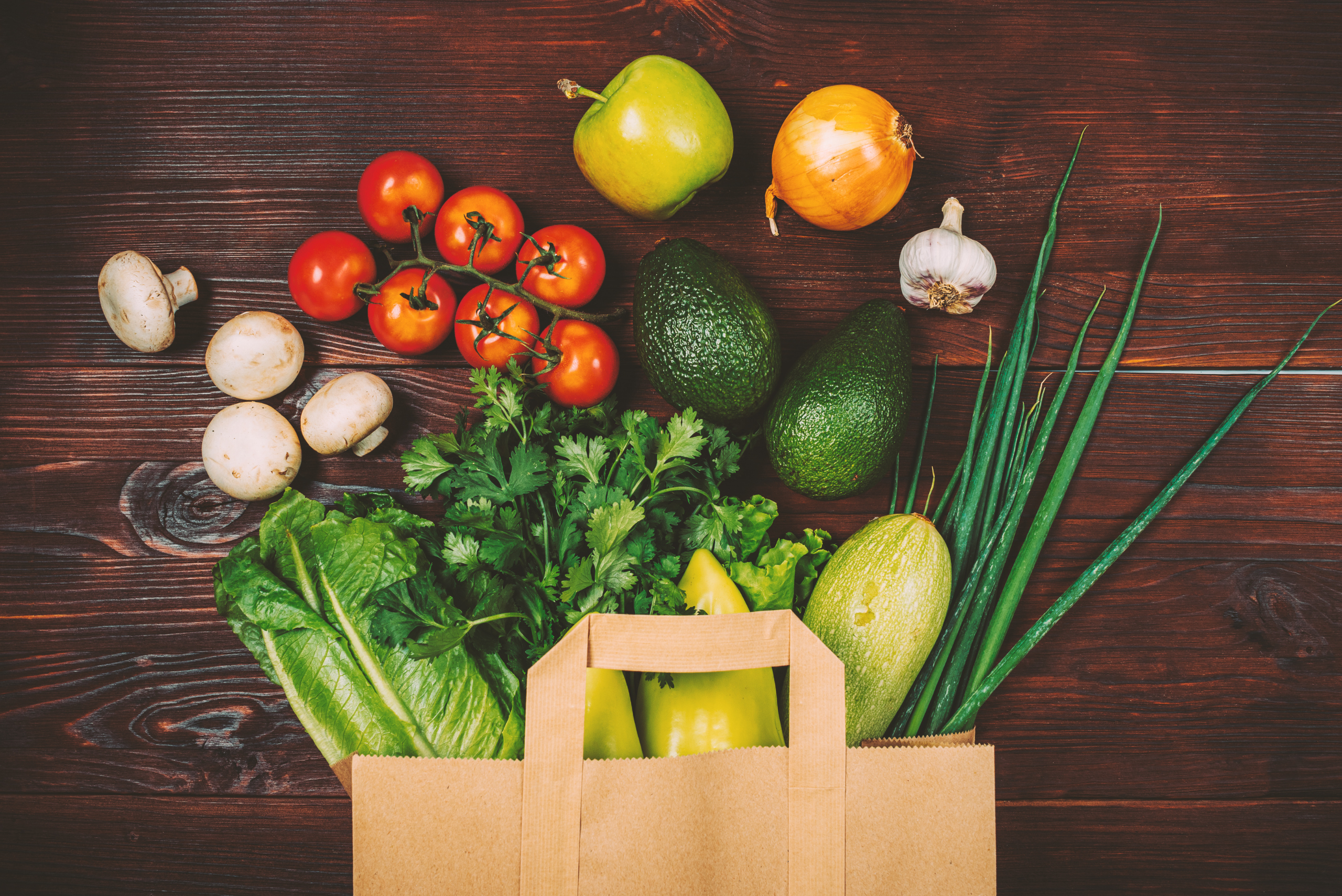
Those small stickers found on fruits and vegetables may seem insignificant, but they can cause big problems for your plumbing. These stickers are designed to withstand moisture, which means they don’t break down easily in water. When washed down the drain, they can accumulate and create blockages, especially in older pipes or those with existing buildup.
To prevent produce stickers from causing issues, make it a habit to remove them before washing your fruits and vegetables. Place the stickers directly in the trash or collect them on a piece of scrap paper to dispose of later. This simple step can go a long way in maintaining the health of your plumbing system.
Related Articles
- How to Remove Sink Drain – A Step-by-Step DIY Guide
- Complete Guide: How to Remove a Bathtub Drain Easily
- How to Snake a Toilet – Step-by-Step Drain Clearing Guide
By being mindful of what goes down your kitchen drain, you can significantly reduce the risk of clogs and extend the life of your plumbing system. Remember to dispose of cooking oils, coffee grounds, eggshells, flour, and produce stickers properly, and educate your family members about these drain-clogging culprits.
Ready to start your next project? Join our DIY community to receive tool tips, how-to guides, and exclusive creative insights. Subscribe to the ManMadeDIY newsletter now! Click here to unlock a world of hands-on inspiration.

